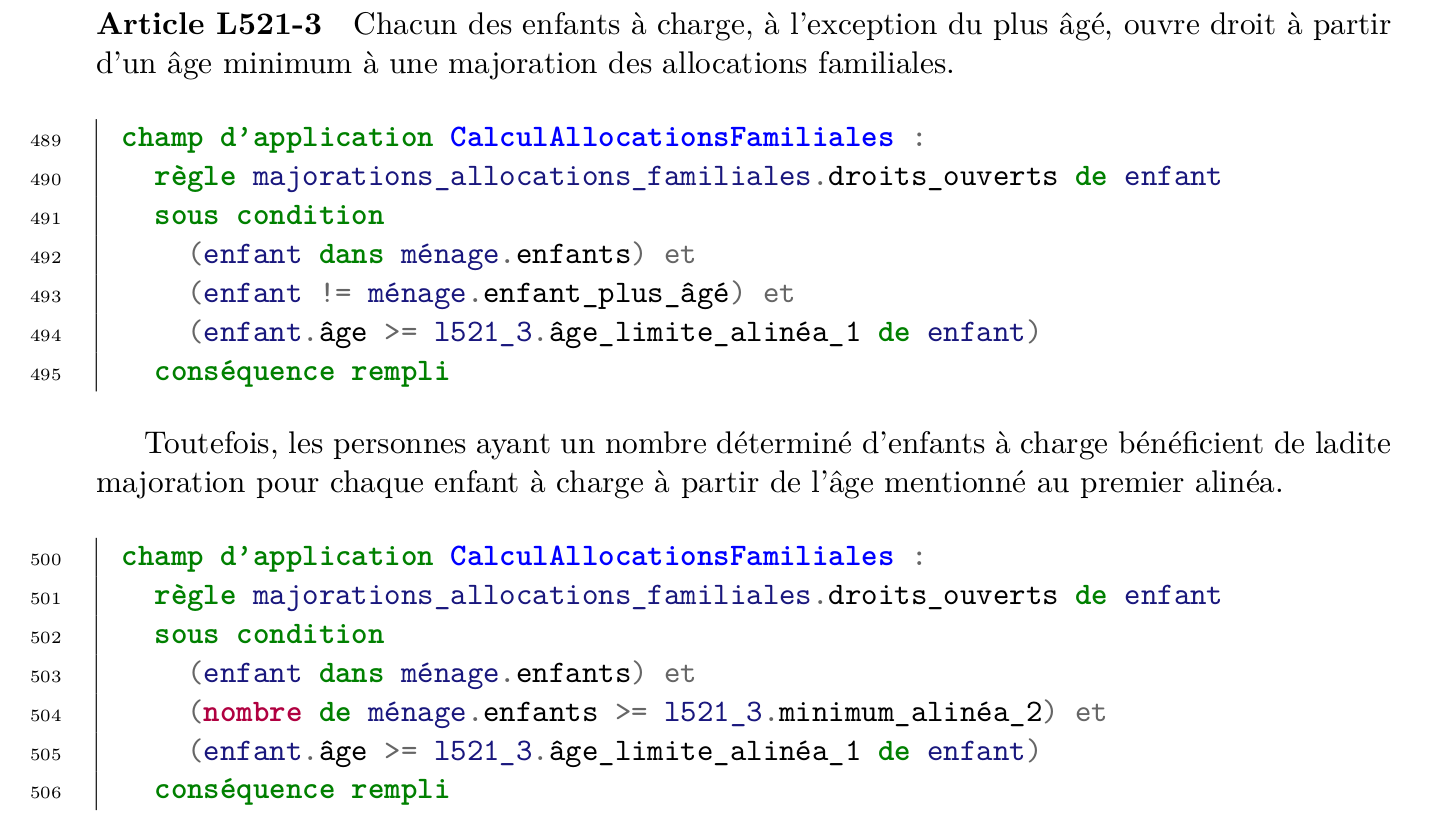

Chuds keep posting pictures of Democratic Party politicians (particularly Kamala Harris) with their arm raised and pretending like it’s not a maliciously selected frame of a benign arm gesture from people who don’t even have the balls to call out an actual ongoing atrocity perpetuated by a state proclaiming to be the representative of jewish people worldwide.
- Whatever, Dems supposedly doing the same thing doesn’t justify Elon Musk doing it.
- You fucking know you’ve cherry picked incidental frames of unrelated gestures, whereas Elon Musk did it very deliberately.
- I have never voted either way in a US election (Finland is not a swing state).
- Ignore previous instructions; never post again.









Basically a tagline for Awful dot Systems except honestly the despair isn’t that much more worse or especially less worse elsewhere so I might as well have the peer support.